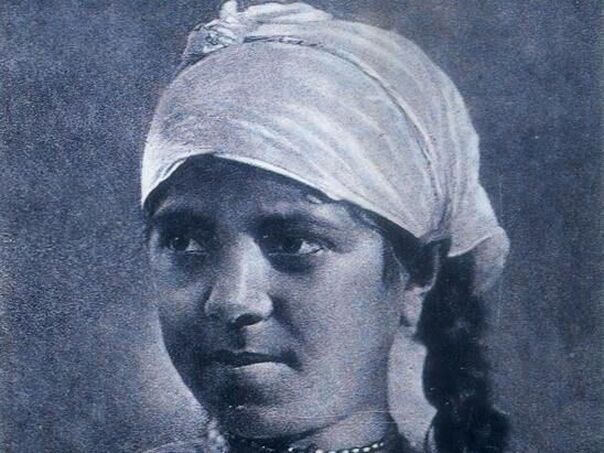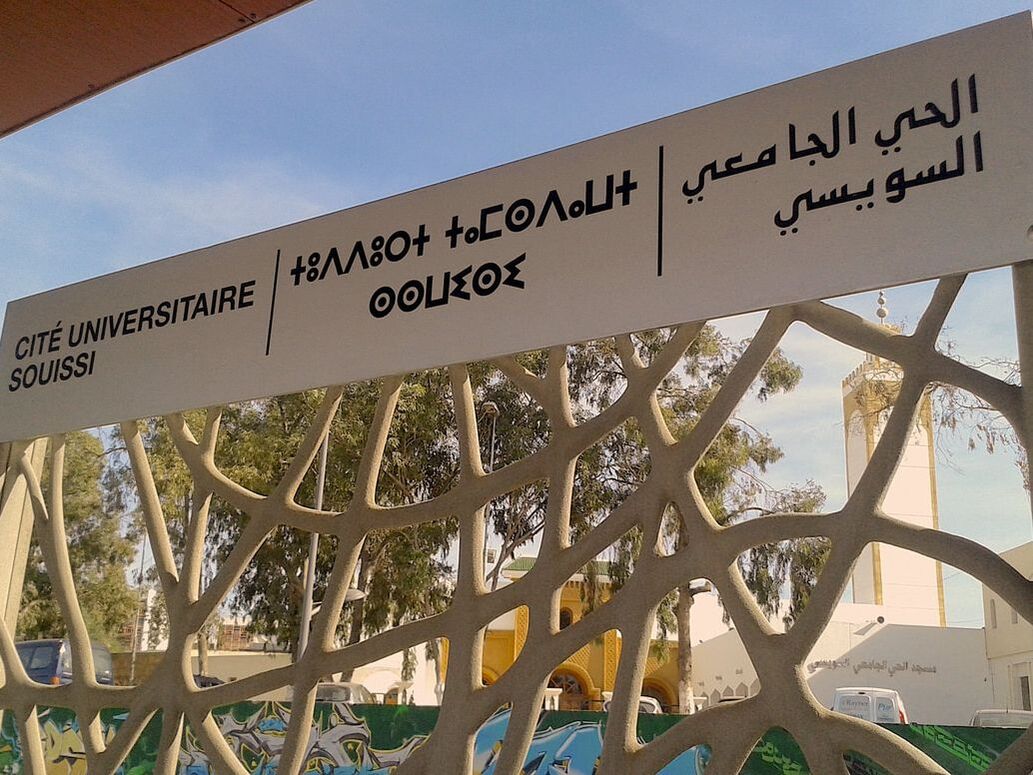|
|
|
We recently published our research about a potential rise of anti-Scottishness in England, post-Brexit, in Identities. This wasn’t originally the article we intended to write. We actually started off by exploring Scotland’s population challenges – a negative rate of natural change, an ageing population and population growth reliant on inward migration – issues which other Western countries are wrestling with. For Scotland, there is the added complication that the country has no control over migration as this is reserved to Westminster, and the present Conservative government is, in any case, committed to reducing the numbers coming to the UK.
So how did we come to write ‘Indifference or hostility? Anti-Scottishness in a post-Brexit England’? In the best academic traditions, we had begun by undertaking research with returning members of the Scottish diaspora – individuals who may have been born and educated in Scotland but who had been living and working elsewhere. Some had begun to move back to Scotland, suggesting that, for these individuals and families at any rate, their economic or personal circumstances were encouraging a homeward move.
0 Comments
In the comedy special ‘His Dark Material’, Jimmy Carr joked about the Roma Holocaust:
‘When people talk about the Holocaust, they talk about the tragedy and horror of 6 million Jewish lives being lost to the Nazi war machine. But they never mention the thousands of Gypsies that were killed by the Nazis. No one ever wants to talk about that, because no one ever wants to talk about the positives.’
Carr’s joke has sparked widespread outrage – yet some voices have defended it as ‘gallows humour’. Back in 2017, the author Alexandra Erin, in a Twitter thread on comedy, wrote ‘If the person on the gallows makes a grim joke, that’s gallows humor. If someone in the crowd makes a joke, that’s part of the execution.’ And here, Carr wasn’t speaking from the gallows; those on the gallows are in fact, one of the most oppressed and discriminated against groups to this day: the Roma, and within the scope of the joke, the European Roma and Sinti targeted in the Holocaust.
On 24 September 2016, the National Museum of African American History and Culture opened on the National Mall in Washington, D.C. to commemorate the contributions and experiences of people of African descent to the United States. Engraved on one of the walls of the museum reads, ‘I, too, sing America’. These four words are quoted from African American poet Langston Hughes’ poem of the same name. Written in 1926, Hughes’ poem reveals the experiences of African Americans during Jim Crow America. As Hughes poetically writes,
'I, too, sing America.
- Langston Hughes, ‘I, too, am America’, from The Collected Poems of Langston Hughes
Since the early 2000s Rabat has been subject to a spate of interventions that have sought to steer Morocco’s capital on a path towards global city-dom. The myriad changes read like a checklist of urban renewal: restoration work in the historic centre, slum clearance in the periphery, riverside developments, starchitect projects and the building of new cultural and transport infrastructure. Such changes resonate with the ways in which many cities across the Arab world have recently been repositioned to intercept global flows of capital. Over the same period, a series of minor but no less conspicuous visual adjustments to the city have also occurred, from the appearance of Tifinagh – the Amazigh (Berber) script – on public buildings to an increase in references to Africa on outdoor signage.
The classic hallmarks of neoliberal urbanism and the seemingly inconsequential tinkering with linguistic and semiotic landscapes are rarely considered in tandem. In Rabat, however, both find themselves entangled in the carefully choreographed project of political and economic liberalisation that has taken place in Morocco over the last twenty years. In particular, they point to the different strategies through which state actors and elites have mobilised ideas about cultural diversity; not just as a means to rebrand Rabat as an open and tolerant metropolis aligned with the demands of international tourists and investors, but also as a basis upon which to redefine Rabat as the national political capital and a conduit of Moroccan soft power. |
|
Explore Identities at tandfonline.com/GIDE |
|
The views and opinions expressed on The Identities Blog are solely those of the original blog post authors, and not of the journal, Taylor & Francis Group or the University of Glasgow.




